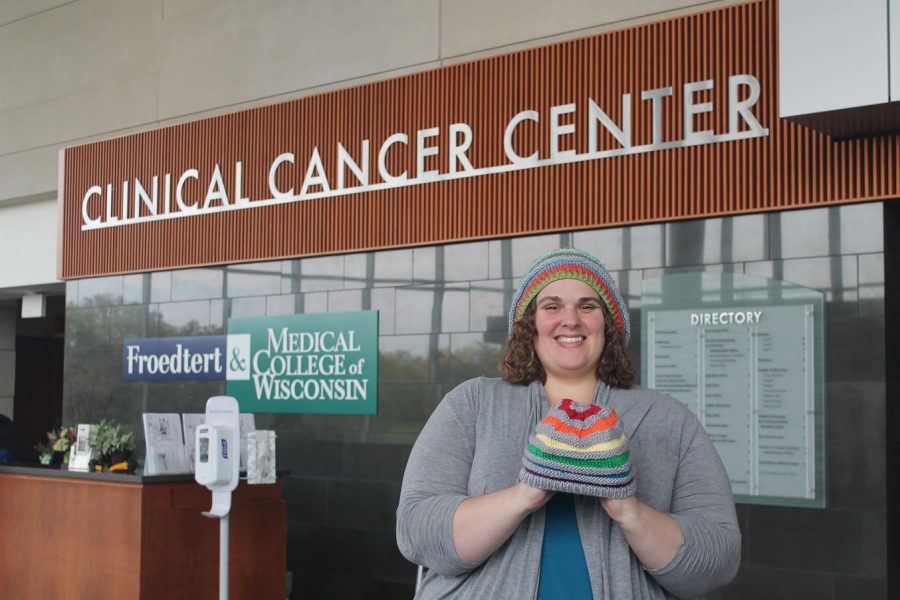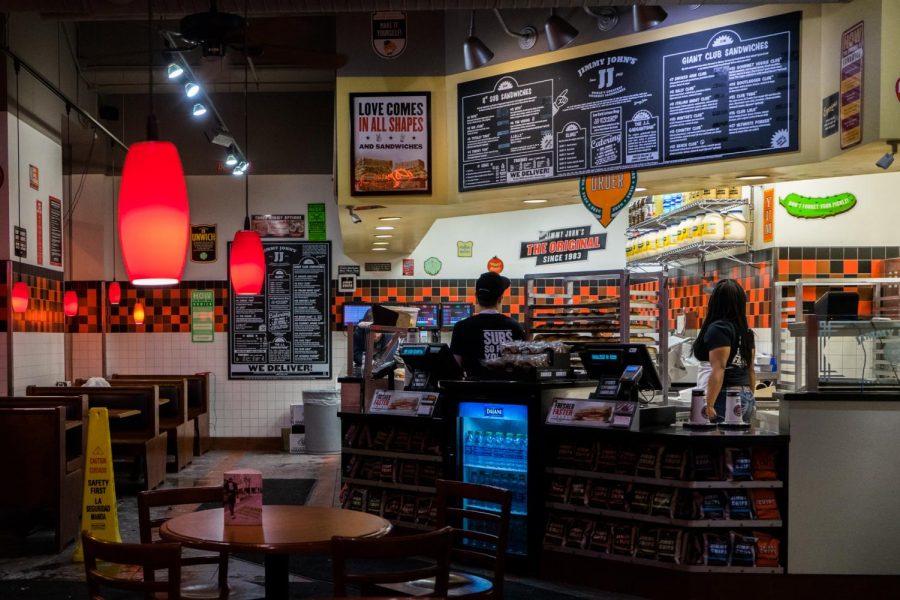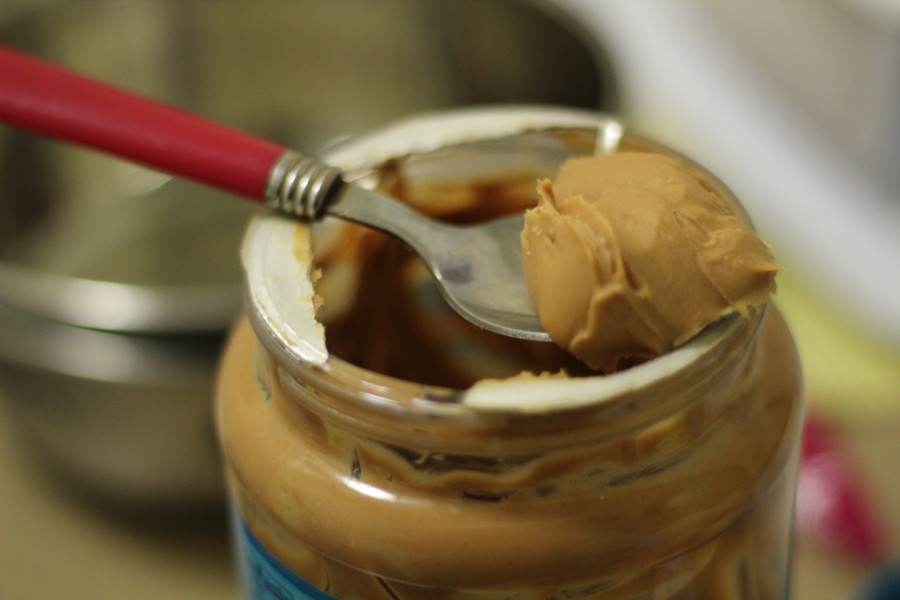Fourteen cases of salmonella have been confirmed in Southeastern Wisconsin as of April 17, and three of those patients were recently hospitalized.
The infection, Salmonella Bareilly, has been linked to Grade A and AAA tuna recently distributed to restaurants and food establishments throughout the Milwaukee area.
The Food and Drug Administration confirmed Moon Marine U.S.A. Corporation in Cupertino, Calif. is likely the source of the outbreak.
The main product, known as Nakaochi scrape, is yellowfish tuna meat which is peeled from the fish’s bones and resembles ground meat. The product is then used in sashimi, ceviche and other raw dishes.
The outbreak has infected six individuals in Milwaukee County, seven in Waukesha County and one in Washington County. Cases have been reported in 19 other states and the District of Columbia.
Salmonella is caused by a bacterium which mainly develops in and irritates the intestine. Most salmonella sicknesses are linked to improperly prepared foods.
According to Sodexo nutrition facts and labels, Marquette students dining on campus should be safe, as campus-produced sushi uses local ingredients from various distributors.
Regardless, Wisconsin officials have urged individuals to immediately contact their health care providers should they contract an illness from contaminated foods.
An employee at Kiku Japanese Cuisine Restaurant, located at 202 W. Wisconsin Ave., who asked not to be named, said that since the outbreak and related warnings, business has plummeted.
“People have definitely stopped coming,” the employee said. “And when they do come to eat they ask about the fish and usually order something else.”
The employee added that the fear of contracting an illness has seemingly paralyzed customers and said he hopes the hype surrounding salmonella dies down soon.
According to Marquette’s Office of Marketing and Communication, there have been no reported cases of salmonella on campus. Should an outbreak occur, instant notifications through email and text messaging would inform the campus community, according to an Office of Student Development employee.
Nalissa Wienke, media relations specialist at Milwaukee’s Froedtert Hospital, said salmonella is hard to control and even harder to pinpoint.
“It’s even tough to see which patients may have been admitted for salmonella,” Wienke said. “There is a hard line between food poisoning and the more extreme.”
Wienke confirmed that no patients have yet to be admitted as a result of salmonella.
Salmonella symptoms usually last four to seven days and often include vomiting, fever, diarrhea and abdominal pains, according to MSNBC.
Julia DeBella, a sophomore in the College of Business Administration, said if salmonella or a serious food-related issue arose on campus, she would feel confident in the university’s ability to find the source.
“They would have to notify the students and do something about it,” DeBella said.
Wienke said that although salmonella is a serious issue, her hospital has not heard much about the sickness.
“I think most cases are being dealt with privately,” Wienke said.
Student Health Service was unavailable for comment as of press time.





